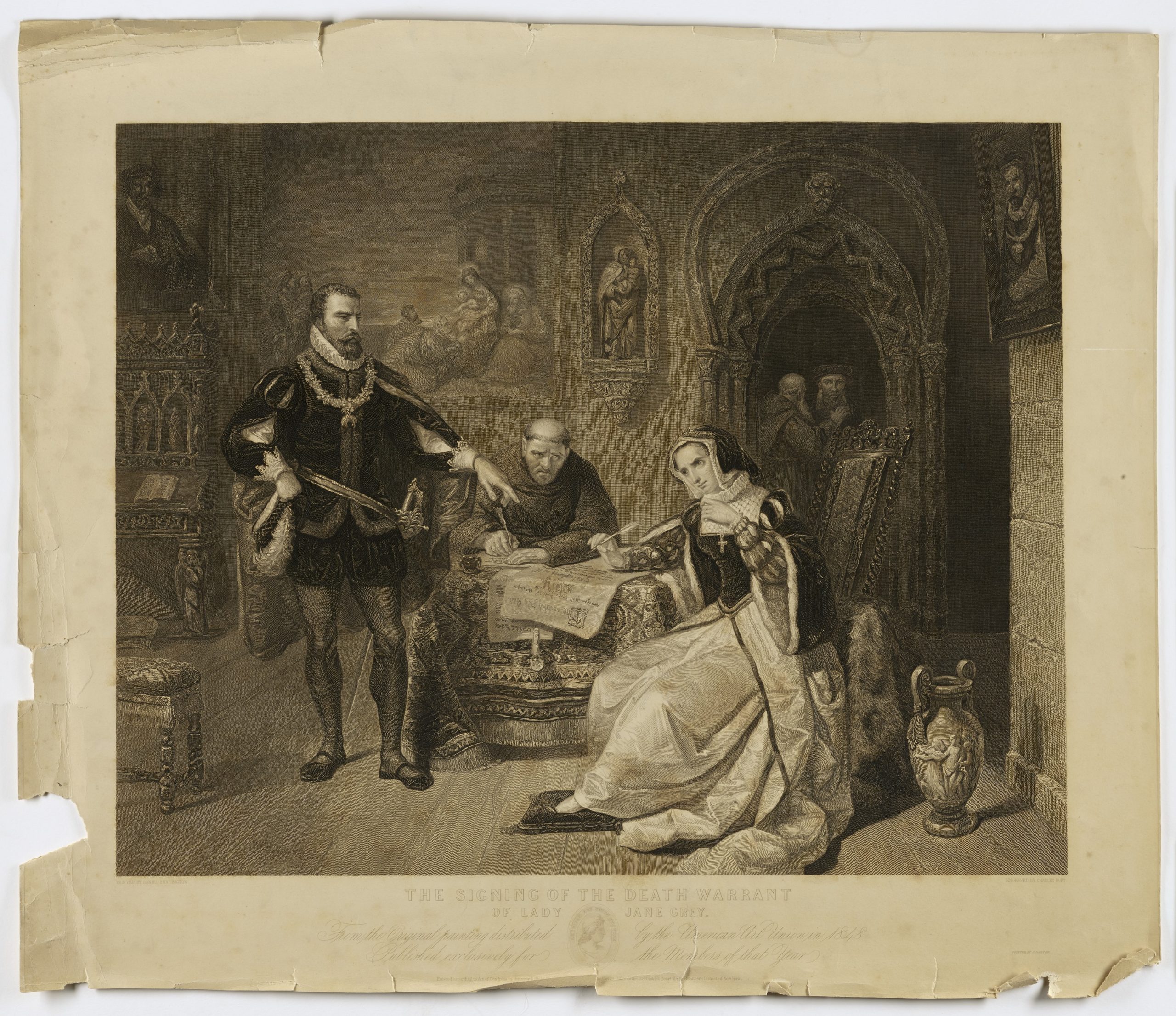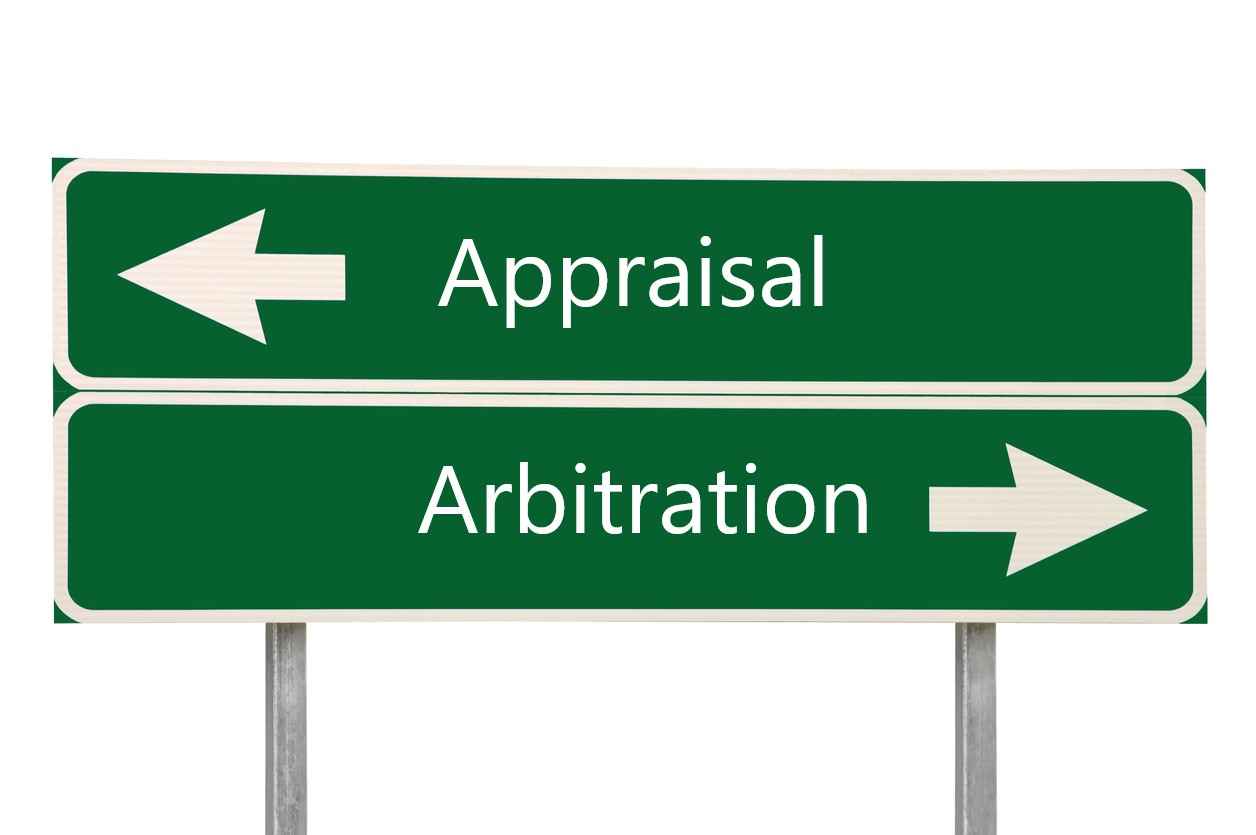The answer to the first question in the title is “yes”—insureds have a duty to read their insurance policy.1 The use of the term “duty” implies a legal responsibility imposed by law but from where does this duty derive? It’s certainly not in any insurance policy I have ever read. The closest answer to that question may be that in Texas, the duty for an insured to read the insurance policy has developed as a presumption.
A “presumption” has been defined as:
A rule of law which requires the assumption of a fact from another fact or set of facts. The term “presumption” indicates that certain weight is accorded by law to a given evidentiary fact, which weight is heavy enough to require the production of further evidence to overcome the assumption thereby established. It thus has the effect of shifting either the burden of proof or the burden of producing evidence. (Emphasis in the original.)2
A presumption is not evidence, but it places the burden on the opposing party to produce sufficient evidence to justify a finding that is contrary to the presumed fact.3 After the presumption or presumed fact—that an insured has a duty to read his policy—is presented, the burden of proof can shift to an affirmative defense for a defendant to show that the insured failed to read the policy and had a duty to do so.
The answer to the second title question is “no”—the duty for an insured to read the policy is not absolute. The presumption of the insured’s duty to read the policy can be overcome by the insured’s negligent act which switches the burden to the defendant to provide evidence of such. In this circumstance, it becomes an affirmative defense for a defendant. This situation is illustrated in Colonial Savings Association v. Taylor,4 where a lender undertook to obtain an insurance policy on a building for the benefit of a borrower but mistakenly insured the wrong building. The uninsured building was damaged by a fire. The borrower/insured did not read the policy until after the fire, and the carrier denied coverage for the loss. The borrower sued the lender for negligence in failing to obtain the intended coverage. The lender contended, among other arguments, that the borrower/insured, in failing to read the policy before the loss, had ratified it and therefore had no claim against the lender. The Texas Supreme Court, in a thorough discussion of cases addressing the presumption that an insured has a duty to read its policy and is charged with knowledge of its contents, held:
The prevailing view, however, was stated by the Texas Supreme Court in Fireman’s Fund Indemnity Co.. v. Boyle General Tire Co.,392 S.W.2d 352, 355 (Tex. 1965), as follows: ‘[A]n insured who accepts a policy without dissent, is presumed to know its contents, but the presumption may be overcome by proof that he did not know its contents when it was accepted, as by showing that when he received it he put it away without examination, or that he relied upon the knowledge of the insurer and supposed he had correctly drawn it.’5
(Emphasis added.)
The court in Taylor further stated the fact that the insured had put the policy away without ever reading it, destroyed the presumption that he was aware of the insurance policy provisions. Furthermore, because he had not read the policy, he could not ratify the contents and that it then became the burden of the agent, as an affirmative defense, to prove that the insured was negligence in failing to read the policy.
The presumption is not absolute in other situations as well. For example, an insured is neither charged with knowledge of an insurance policy he does not have6 nor charged with a duty to read an insurance policy he does have if a misrepresentation has been made by an insurer or its agent, about the policy’s terms.7 Two cases illustrate these two situations.
The first case, Aspen Specialty Insurance Company. v. Muniz Engineering,8 concerns a lack of opportunity to read the policy There, the plaintiff’s insurance agent, the defendant, argued, among other things, that the plaintiff’s statutory bad faith and DTPA misrepresentation claims failed because an individual as “an insured has a duty to read the policy and will be charged with knowledge of its terms.”9 The court, however, observed that the insured in question had introduced evidence that it did not receive a copy of the full policy. Based on this evidence, the court found that the insured “had no duty to read a policy it did not have.”10
In the second case, Stewart Information Services Corp. v. Great American Insurance Company,11 the insured presented evidence that the insurance agent represented that the carrier would duplicate its existing coverage. The court held:
[W]here a ‘specific representation ‘about policy terms is alleged, as distinguished from ‘an insured’s mistaken belief that [it] is obtaining coverage under certain contingencies, which are not in fact covered by the policy,’ the insured’s duty to read the policy will not preclude a misrepresentation claim.12
In reality, despite the duty to read your insurance policy—a presumption in Texas law—it comes as no surprise that hardly anyone reads their insurance policy, or for that matter, their mortgage papers, or the HIPPA information at a doctor’s office which, by signature, attests that it has been read. We all should read everything we sign but we do not.
Nevertheless, the duty to read your insurance policy is not absolute. A failure of this duty by an insured’s negligence can switch the burden of proof and becomes an affirmative defense for a defendant to show that the insured’s negligence in failing to read the policy excuses the defendant’s liability. For insureds, the presumption of the duty to read your insurance policy can be overcome if the opportunity to read the policy was never presented to the insured or if a misrepresentation as to the terms of the policy was made by an insurer or its agent. My first confession of the new year: I have never read my own homeowners insurance policy cover-to-cover, but one of my New Year’s resolutions is to do so soon.
__________________________________________________
1 See, e.g., Heritage Manor of Blaylock Props., Inc. v. Petersson, 677 S.W.2d 689, 691 (Tex. App.—Dallas 1984)(writ ref’d n.r.e.).
2 Barron’s Law Dictionary, Stephen H. Gifis, 359-60 (2nd ed. 1984).
3 See Empire Gas & Fuel v. Muegge, 143 S. W. 2d 763, 767-68 (Tex. 1940).
4 Colonial Savings Assoc. v. Taylor, 544 S.W.2d 116 (Tex. 1976).
5 Id. at 119.
6 See Allstate Vehicle and Prop. Ins. Co. v. Reininger, 2020 WL 6928405 (Tex. App.—San Antonio Nov. 25, 2020).
7 See Aspen Specialty Ins. Co. v. Muniz Eng’g Inc., 514 F. Supp. 2d 972. (S.D Tex. 2007); Stewart Info. Services Corp. v. Great Am. Ins. Co., 997 F.Supp.2d 650, 670 (S.D. Tex. 1914) (quoting State Farm County Mut. Ins. Co. of Tex. v. Moran, 809 S.W.2d 613, 620-21 (Tex. App.—Corpus Christi 1991)(writ denied); Omni Metals, Inc. v. Poe & Brown of Tex., Inc., 2002 WL 1331720, at *8 (Tex. App.—Houston [14th Dist.] June 13, 2002) (pet. denied) (finding that insured’s failure to read policy was not a bar to misrepresentation claim).
8 Aspen Spec. Co. v. Muniz Eng’g, Inc., 514 F.Supp.2d 972, 986 (S.D. Tex. 2007).
9 Id. at 985-88.
10 Id. at 986.
11 Stewart Info. Servs. Corp v. Great Am. Ins. Co., 997 F. Supp.2d 650 (S.D. Tex. 2014) (citing State Farm County Mut. Ins. Co. of Tex. v. Moran, 809 S.W.2d 613, 620-21 (Tex. App.—Corpus Christi 1991) (writ denied).
12 Steward Info Servs., 997 F.Supp.2d at 670.




